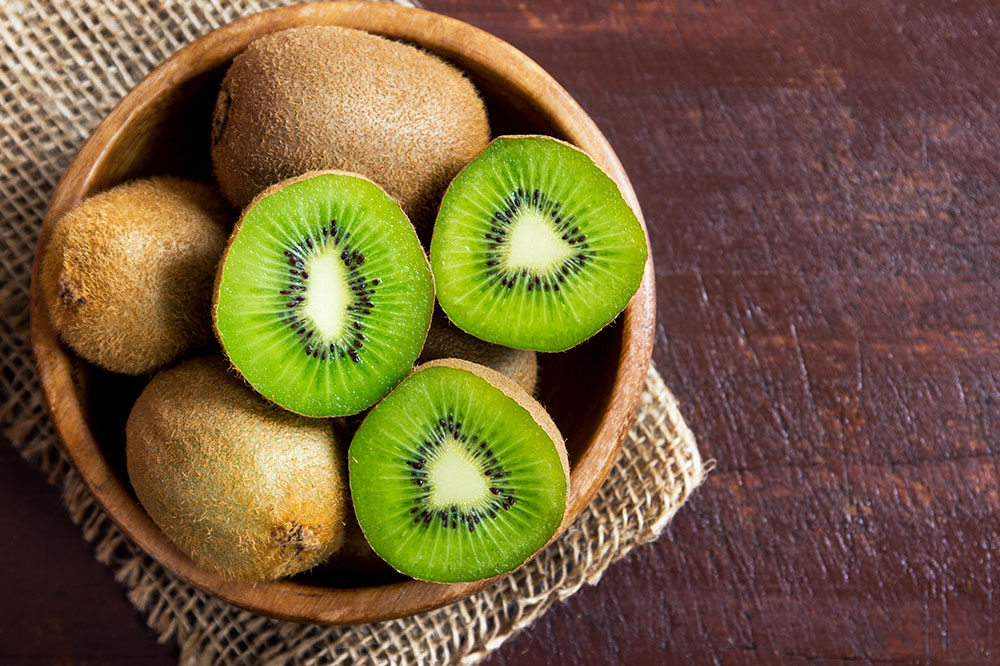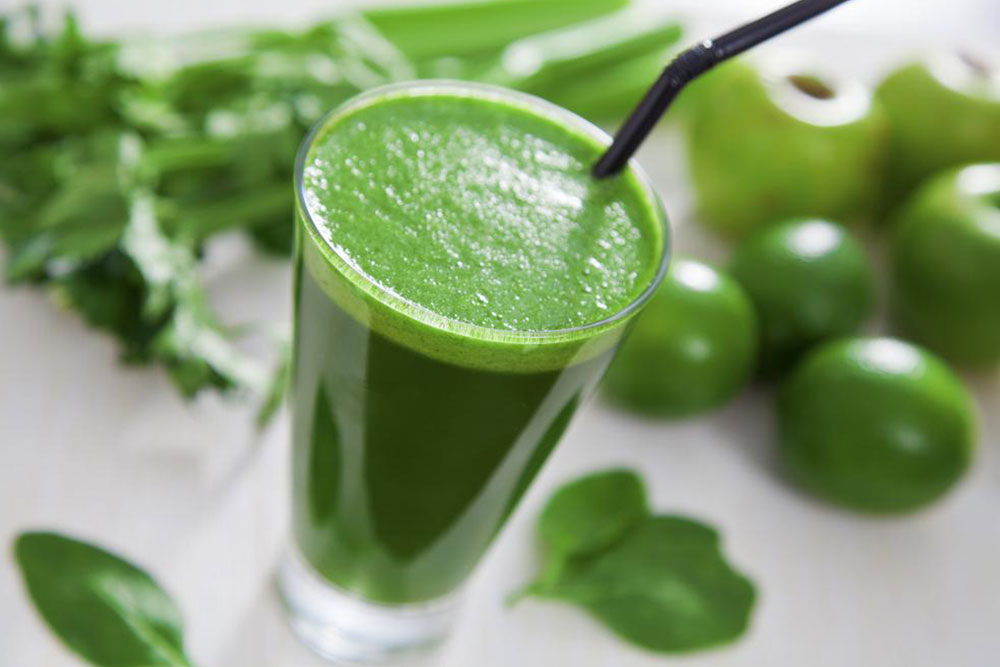Effective Strategies for Relieving Constipation
Discover effective strategies to relieve constipation with dietary, lifestyle, and medical tips. Incorporating fiber, staying hydrated, and establishing routines can prevent and alleviate discomfort. Learn safe laxative options and when to seek medical advice for persistent symptoms, ensuring a healthy digestive system. These practical tips help maintain regular bowel movements and promote overall gut health with minimal effort. Suitable for those seeking natural remedies or mild interventions to manage constipation effectively.

Effective Strategies for Relieving Constipation
Constipation happens when stool becomes too dry due to excessive water absorption in the intestines, leading to infrequent or difficult bowel movements. According to the National Institutes of Health's National Digestive Diseases Information Clearinghouse, constipation is characterized by fewer than three bowel movements weekly. The stools are typically hard, small, and dry, making elimination uncomfortable. Everyone’s digestive rhythm varies; some may pass stool multiple times daily, while others only a few times weekly.
Relief from constipation often requires minimal intervention unless symptoms persist for several weeks. Implementing simple lifestyle and dietary changes can significantly ease the condition.
Top tips for easing constipation
Incorporate fiber-rich foods into your diet to promote softer, bulkier stools that pass more easily. Gradually increase fiber intake towards 20-35 grams daily. Excellent fiber sources include:
Whole grains
Bran
Brown rice, cereals, and fortified bread
Fresh fruits like apples and bananas
Hydrating adequately is essential; aim to drink plenty of water. Staying active with regular exercise, such as brisk walks, supports healthy bowel movements. Certain foods like watermelon, dried fruits (prunes, apricots, raisins), vegetables (carrots, Brussels sprouts), and beans also aid digestion.
It’s advisable to avoid low-fiber, high-fat, and processed foods, including cheese, dairy, meats, and fast foods, which can worsen constipation.
To alleviate symptoms, follow these steps:
Engage in brief, regular exercise, gradually increasing to 20 minutes.
Consume non-caffeinated drinks such as water, cucumber or ginger water, and fresh juices.
Avoid alcohol, which can cause dehydration.
Establish a consistent bathroom routine at a stress-free time.
Use a footstool while sitting on the toilet to help position the hips for easier evacuation.
If symptoms persist, consider using fiber supplements like Metamucil or Citrucel, following medical guidance. Rectal glycerin suppositories or mild laxatives can also be helpful. Different laxatives include:
Bulk-forming agents (e.g., Metamucil)
Saline laxatives (e.g., Milk of Magnesia)
Lubricant laxatives (e.g., Fleet)
Osmotic laxatives (e.g., Miralax)
Stimulant laxatives (used sparingly)
Stool softeners (e.g., Colace)
Enemas (only under medical supervision)
Always consult a healthcare professional before starting laxatives, especially for prolonged use or in cases of underlying health issues. Proper lifestyle adjustments can prevent and manage constipation effectively, promoting overall well-being.
Note:
The information provided here is for educational purposes and should not replace professional medical advice. For ongoing or severe symptoms, consult your healthcare provider. We strive to offer accurate, practical health tips, but cannot be responsible for variations or inaccuracies across different sources. Always seek personalized medical guidance.









